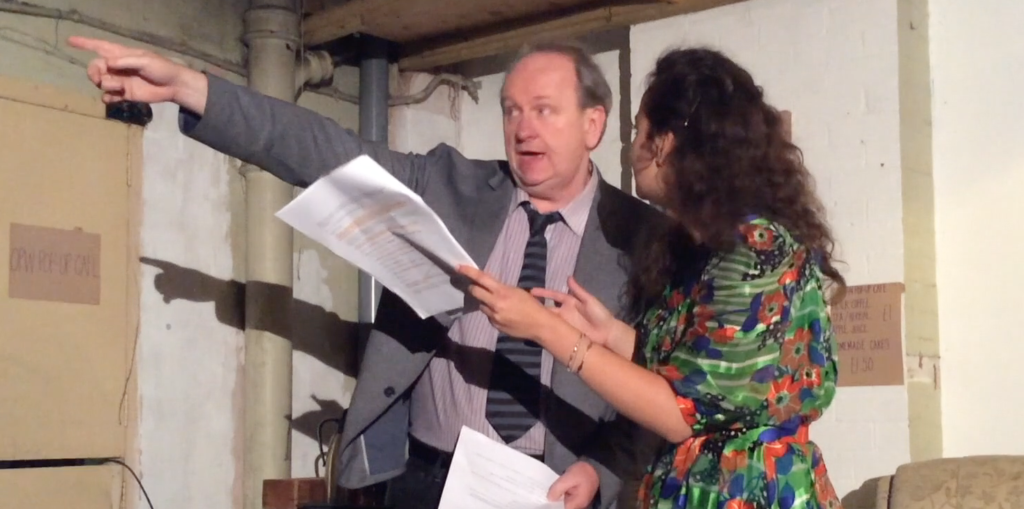Don’t laugh now, but journalists are meant to be unbiased and impartial. They’re definitely not meant to get involved and do things.
It’s different with the kinds of feature articles I usually write but if I’ve written a news story and you can tell it’s me, I’ve failed. News is news.
Except of course it isn’t and while total disconnected impartiality is the goal, you know that’s not possible. It’s not possible in part because the very act of choosing what to cover is coloured by your own opinion of what’s important.
I’ve always also believed that the Heisenberg Uncertainty Principle applies to writing. That’s the quantum mechanics claim that you can’t measure something’s speed without affecting its direction and you can’t measure its direction without affecting its speed. Our act of looking at an event affects it.
It’s the old line: if you write about a terrorist attack, you are giving it the oxygen of publicity.
Nonetheless, the aim is detachment, the goal is impartiality, and I believe to this minute that this is right, that this is how it should be.
Except for three things that happened this week. One was simply that I listened to an interesting interview with a guy who has spent his entire career as a journalist covering a particular subject. The man is entertaining, he’s informative, but I came away feeling a little sorry for him. That’s all he’s ever done. Write about other people’s work.
Then I was recently asked to join Cucumber Writers, a producing writing group in the West Midlands and I’ve been talking with them this week about their future plans. But look what I did there: the first word describing this writing group was not writing, it was producing. This is a bunch of writers who have the same ambition of being produced that we all do, but they went ahead and produced themselves.
I swear they don’t see how great and rare that is. But it’s remarkable. I’ve shaken at writers who have huge dreams but won’t take small steps. And here’s this group that’s been producing new writing for five years now.
Strictly speaking, all of Cucumber Writers and this fella I heard interviewed spend their days writing. They’re observing events or human nature and communicating it to audiences through various forms of writing.
Yet it feels to me like Cucumber is actually doing something. It’s not a passive recitation of other people’s work, it is an act of creation.
Work that is created is surely work that is worth being described: I’m not going to knock the idea of coverage, of journalistic examination of a piece of work. I think about this far too much as I must’ve written 20,000 or more reviews of various things yet also my favourite films tend to be ones where I went in cold. Where I went in to the cinema having not read reviews.
I’ve also been reviewed a fair few times and that’s fascinating: you also learn how rare it is for a review to be worth reading, regardless of whether it’s a good or a bad one. The lack of meat, the lack of point in the majority of reviews is depressing. The – what’s the opposite of lack? Abundance? Thanks. The abundance of times a reviewer has said what I should’ve done with a piece is educational. Not because they’re right, but because regularly they don’t care about being wrong: they’re not examining a piece, they’re often advertising how much better they would’ve been. Yet they don’t go do anything, they just carry on advertising.
I believe that making is better than describing, though. I believe that it’s better to be crew than passenger. And in my most optimistic moments I believe that being both a writer and a journalist makes me better at both.
Mind you, the third thing that happened this week was that I read a quote saying “It’s better to walk ten thousand miles than to read ten thousand books”. And I just thought, bollocks.
